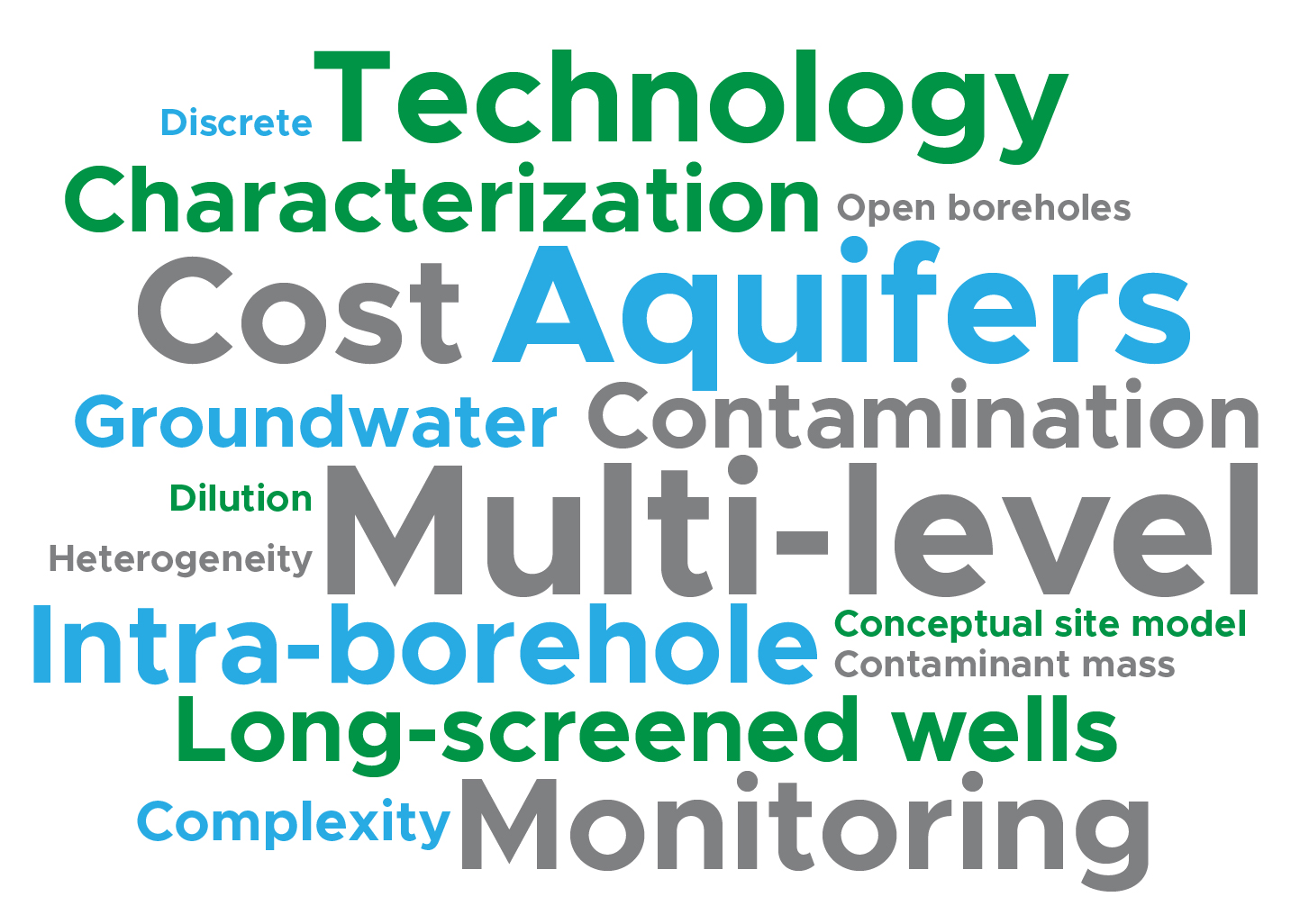RemPlex Workshops
The RemPlex Workshop series is part of our mission to promote technical leadership and collaborative research on especially difficult remediation challenges. These small-group workshops bring together a mix of researchers, problem holders, regulators, and industry to tackle specific remediation challenges with a goal of defining specific barriers (e.g., data gaps, technology constraints, regulatory concerns, economic feasibility) and to brainstorm ways to potentially address those barriers through collaborative efforts. We welcome suggestions for future workshop topics.

Vertical Delineation of Contamination in Aquifers
October 2024
RemPlex collaborated with the UK Nuclear Decommissioning Authority to host a two-day workshop in October 2024 focused on the challenge of vertical delineation of contamination in aquifers underlying and/or affected by complex sites. The workshop brought together an international group of researchers, site operators, government agency staff, practitioners, and regulators to (1) describe the issues related to vertical delineation, (2) identify expertise that could be brought to bear on the issues, and (3) explore ways to transition practical experience and recent research to broader field application to enable the design and optimization of targeted remedies and groundwater monitoring programs.
Discussion focused on the monitoring and sampling of the saturated zone and the advantages and disadvantages of deploying long-screened wells and open boreholes versus wells using multi-level sampling or completion technologies. While multi-level well systems were acknowledged as having many advantages, it was recognized that a variety of factors impede more widespread deployment of such systems, including perception of increased costs and complexity, unfamiliarity with the technologies, and absence of regulatory drivers to name a few. The workshop participants identified a number of actions that might be taken to address these barriers, such as (1) developing guidance on when/where multi-level well systems are most appropriate from a site perspective and on technology selection and (2) compiling information to support a business case for deploying multi-level well systems, including the value of the higher resolution data and cost/benefit analyses.
The workshop report and supporting presentations are available here. In addition, this topic is the focus of one of the case study sessions at the RemPlex 2025 Global Summit on Environmental Remediation in November 2025.
Workshop Report:
Presentations: